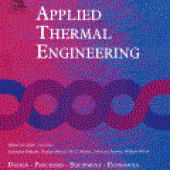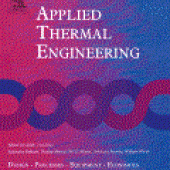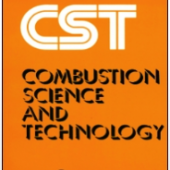Surface stabilized combustion technology: an experimental evaluation of the extent of its fuel-flexibility and pollutant emissions using low and high calorific value fuels
Surface-stabilized combustion (SSC) is a fuel-flexible technology that extends the stability limits of lean premixed systems, while achieving ultra-low emissions of NOx, CO and UHC (unburned hydrocarbons). To evaluate these attributes, the present study quantifies (1) operability characteristics i.e., lean blowoff limit and flashback behavior and (2) pollutant emissions (CO, N2O, NH3, NO and NO2) of a commercial SSC burner when operating at a fixed fire rate on a wide range of fuel compositions.




